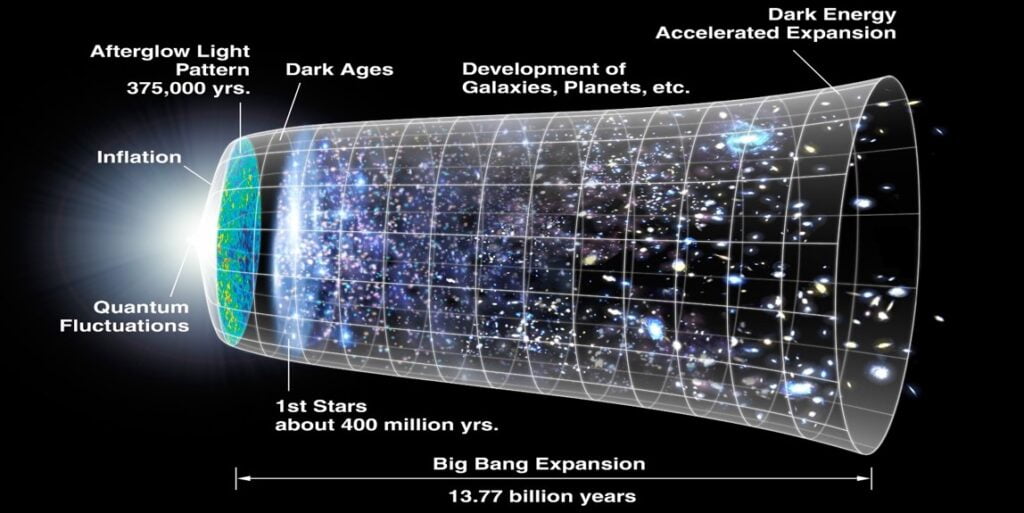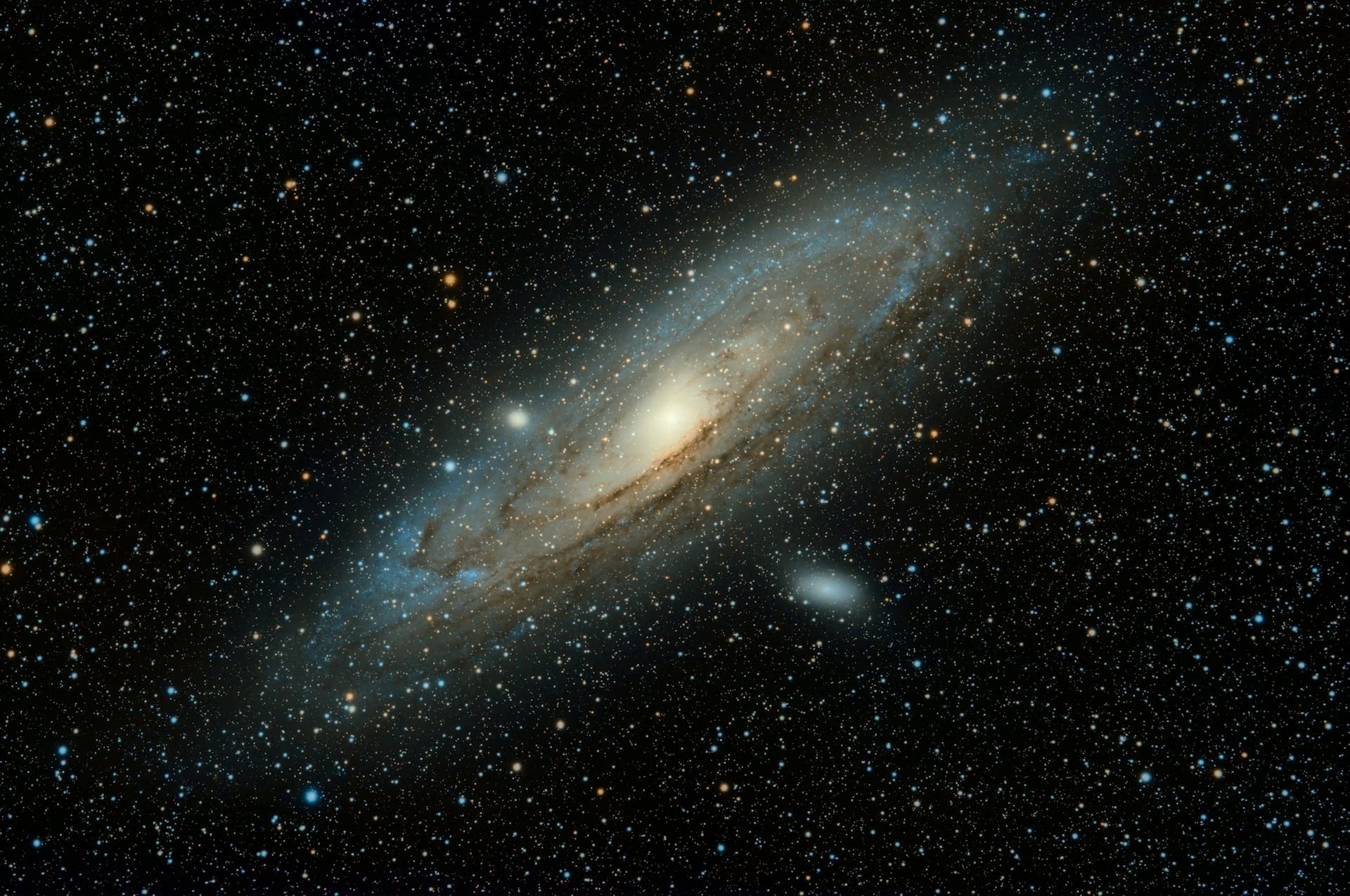Cosmology is the branch that examines the universe. it explores the universe from its birth to the end, and is related to everything about the universe, from the nature of the universe and the nature of its contents. In contrast, cosmogony is concerned only with the genesis and origin of the universe.
What is Cosmology?

According to NASA, cosmology is the scientific study of the large-scale properties of the Universe as a whole. It endeavors to use the scientific method to understand the origin, evolution and ultimate fate of the entire Universe. Like any field of science, cosmology involves the formation of theories or hypotheses about the universe which make specific predictions for phenomena that can be tested with observations. Depending on the outcome of the observations, the theories will need to be abandoned, revised or extended to accommodate the data.
A scientist who studies cosmology is called a cosmologist. Basically, cosmologists want to know what the universe was like billions of years ago. They want to understand how it is today. They also want to find out what the universe will be like billions of years in the future.
To understand the universe, cosmologists first needed to know our place in it. About 400 years ago, most people believed that Earth was at the center of the universe. They thought the Moon, the Sun, and the other planets all traveled around Earth. Nicholas Copernicus, Galileo Galilei, and Isaac Newton helped us to learn the truth. We now know that the Moon travels around Earth. Earth and the other planets in our solar system travel around the Sun.
About 100 years ago, astronomer Edwin Hubble made observations that showed the universe was getting bigger and bigger! This led most cosmologists to believe in a theory called the Big Bang. The Big Bang theory says the universe began with a huge explosion ten to twenty billion years ago. Cosmologists think the universe did not exist before the Big Bang.
Cosmologists use the data gathered by telescopes and astronomy satellites to help them understand the universe. They also use computers to model their ideas. Each new discovery helps them to understand more about the past, present, and future of our universe.
What is Cosmogony?

The word cosmogony is derived from the combination of two Greek terms cosmos and genesis. Cosmogony thus has to do with myths, stories, or theories regarding the birth or creation of the universe as an order or the description of the original order of the universe. Cosmogony is the study of the origin, and sometimes the development, of the universe or the solar system, in astrophysics, religion, and other fields. When we are discussing the origins of natural systems; we are working in the arena of cosmogony. Basically, cosmogony is the creation of the universe.
Cosmogony is a theory of how the universe began. The discipline focuses on theories of how the universe and galaxies were formed, the development of these entities, and on astronomical cartography to provide a map of the known universe. There are two cosmogonies today. Something did it or did itself. The first theory is the Big Bang Theory (that the universe came into being suddenly). The Big Bang is todays predominant cosmogony, which maintains that the cosmos was created between 13 and 20 billion years ago from the random, cosmic explosion (or expansion) of a subatomic ball that hurled space, time, matter, and energy in all directions. Everything the entire cosmos — came from an initial speck of infinite density known as a singularity. This speck (existing outside of space and time) appeared from nowhere, for no reason, only to explode (start expanding) all of a sudden.
Second theory in cosmogony posits that something caused the universe to be formed; it was planned or created by a god, not spontaneous. That is, it took place outside of the natural realm, before the natural realm existed.
It seems that any discussion of today’s Big Bang cosmogony would be incomplete without asking the question, What about God? This is because cosmogony is an area where science, philosophy, and faith have to meet. Whether random or designed, the initial creation of the cosmos was a supernatural event.
What are the Differences Between Cosmology and Cosmogony?

The suffix “-logy” comes from the root word logos so often thought of as “the Word” of God. This word ending deals with the concepts of dynamic motion and articulation. The combination of cosmos with logos then yields a word that describes the dynamics and motion of the world or universe. The word “cosmology” then deals with the operation of the world or universe.
The suffix “-gony” comes from the same root as the word “genesis” which means “beginnings.” Thus, the ending of a word with “-gony” would deal with the starting, origin, initiating, beginning or becoming of that subject. The word “cosmogony” deals with the origin of the world or universe.
So, we can say that cosmology is the study of the universe such as laws, constants etc. it is what scientists do today it is the observable cosmos. Cosmogony is the theory of the origins of the cosmos. So, cosmology we can study all these things today, they exist, and we can observe them. Cosmogony goes back to the origin of the cosmos, theories about the origin of the cosmos.



